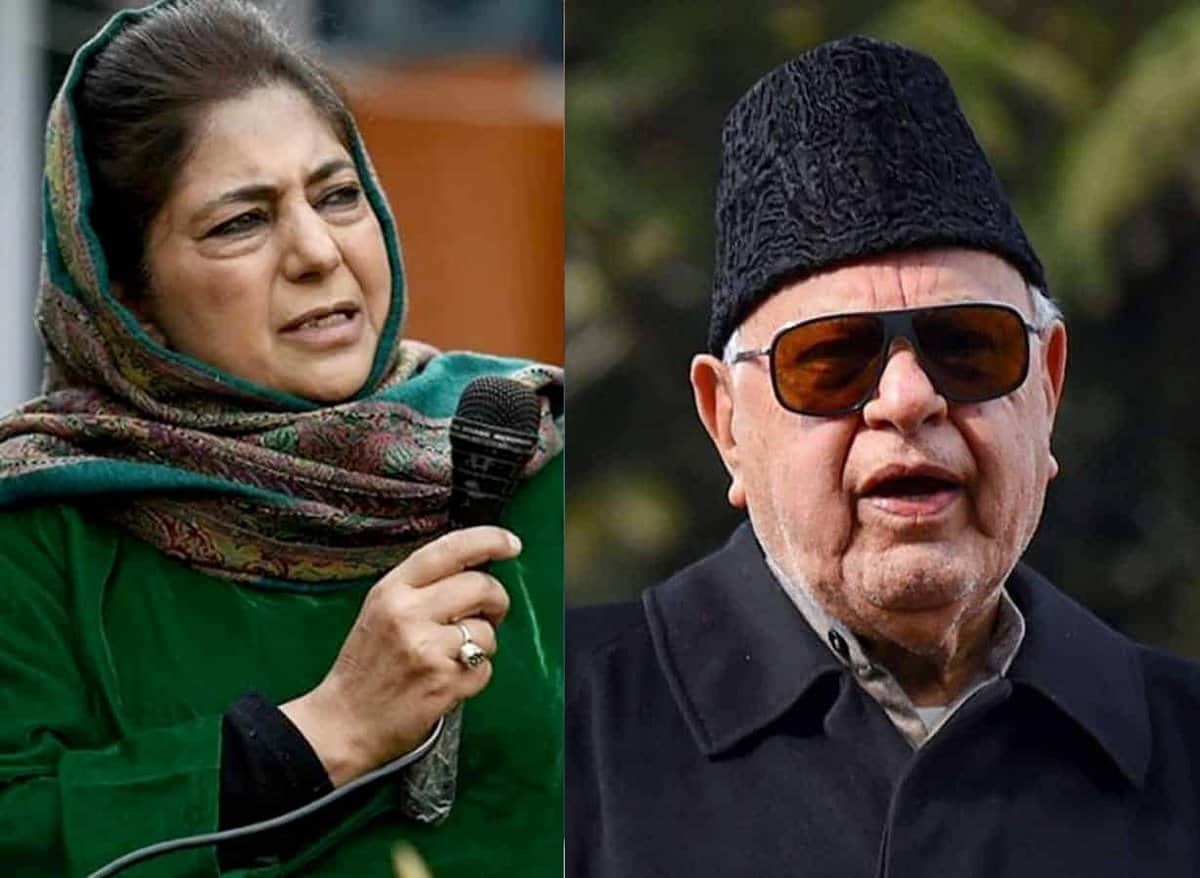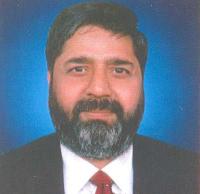

Despite the repeated reiteration of the Centre that Assembly elections will be held in Jammu and Kashmir once the revision of the electoral rolls is complete, political groups do not read these statements as elections visiting the Union Territory anytime soon. This is not just reflective of the parties opposing everything that the BJP led federal government says or claims, it is a result of the frequently changing stand of Delhi on the issue before and after the abrogation of Article 370 in August 2019 that has made them skeptical.
The abrogation of Article 370 on August 5, 2019, is reckoned as a momentous moment that shook the erstwhile state in more than one way. BJP believes it uprooted the vested interests misusing the provisions of the special status to deny several sections of their fundamental rights and stoked secessionism under the cover of special rights and privileges for the land and people.
The other side, that is, the regional parties of Kashmir- National Conference and PDP being at the forefront- is reeling from a perpetual feeling of loss of everything for which Jammu and Kashmir stood for, as a state conferred with the constitutionally guaranteed special status and privileges. They have raised questions to challenge the whole move by bringing in the constitutional relationship of Jammu and Kashmir with India by invoking the accession of the former state to India. This is becoming an issue of political battles, though the elections are nowhere in sight.
Although the BJP leaders and cadre have been sounded by the party’s top leadership to start preparations, there is no clarity in the minds of the partymen about the timeline of the polls. The Centre has adopted a two-pronged policy on the issue which are more in contradiction instead of supplementing each other. One, it says that it is for the Election Commission of India to determine the season of elections. It is hands off approach as if the ECI alone will take a call on holding the elections.
In every other state/UT in the country, ECI goes by a strict schedule. It holds polls at the expiry of the five-year term of the legislative assemblies. Since there is no legislative body in existence in J&K, it is caught in a peculiar situation regarding how to go about it. It has to draw everything afresh. Second, it is not only customary but also mandatory, to take a detailed view of the security situation in the state, which has now been degraded to the Union Territory after the bifurcation which made Ladakh a separate UT out of the erstwhile geography and political system that existed prior to August 5, 2019. Security is a major issue. It was for the lack of the sense of security that general elections could not be held in 1991 and J&K went without its representation in Lok Sabha from 1991 to 1996. And, it is also a matter of record that the Assembly polls, which should have been held within six months after the dissolution of the elected House on February 19, 1990, by the then Governor Jagmohan, exactly a month after he had imposed Governor’s rule on January 19, 1990. . The erstwhile state of J&K had a special provision of imposing Governor’s rule ( not President’s rule as was the case with other states) for the first six months, before if it was required to step into President’s rule.
First Assembly elections in the militancy-hit Jammu and Kashmir were held in 1996, after the parliamentary election in the summers, breaking a long jinx of more than six years. Since then the polls were held almost after every six years ( J&K as a state had not reversed the emergency era extension in the life of the Assembly from five to six years). That is 2002, 2008, and 2014, but when the Mehbooba Mufti government collapsed after BJP withdrew support to the coalition partner PDP on June 19, 2018, the elections have become a chimera.
There is a strong feeling among the Kashmiri parties that the Government of India is afraid of holding the polls because it is uncertain of the outcome. They have been very critical of Centre’s repeated deferment of the dates for the Assembly polls. Leaders like Farooq Abdullah of National Conference, Mehbooba Mufti of PDP, Altaf Bukhari of Apni Party and Sajad Lone of People’s Conference in their different statements and interactions with media have, time and again raised the question about the Centre’s intentions to hold elections. They have said Delhi is not serious about restoring democracy in J&K.



